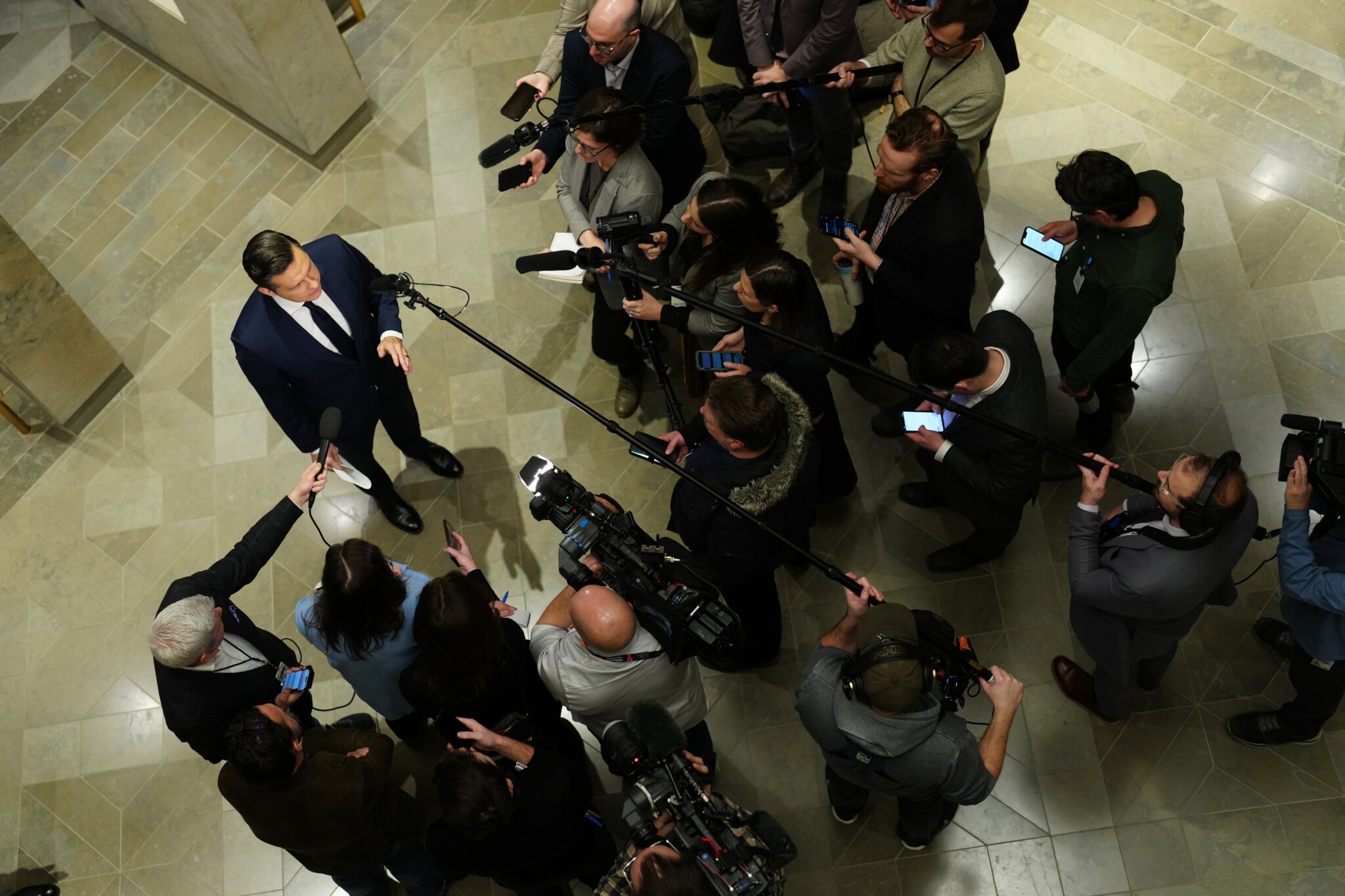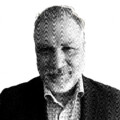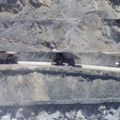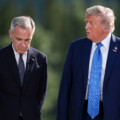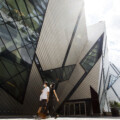Two decades ago, when I moved to Ottawa to cover the Canadian economy and government for Bloomberg News, the prevailing view among economists and policymakers was that the big policy questions had largely been settled.
This wasn’t just a Canadian phenomenon—it was global. In 2005, Canadian federal policy certainty reflected this idea. Fiscal policy was constrained by a consensus that budgets should be balanced, and debates revolved around how to allocate surpluses. Monetary policy was focused on keeping inflation low. Trade policy was centered on opening markets. Regulation was out of favour.
While that final year of Paul Martin’s minority government generated plenty of political headlines in the aftermath of the sponsorship scandal, economic policy itself was predictable, rules-based, and minimalist. Governments were largely hands-off. Why intervene when the system was delivering stability and growth?
At Bloomberg—then laser-focused on economic coverage—we didn’t even have a reporter dedicated to covering the prime minister.
Fast forward to today, and that world is unrecognizable.
The financial crisis of the late 2000s, slowing global growth, rising geopolitical tensions, digital transformation, populism, pandemics, fragile global alliances, and trade wars have shattered the illusion that the big problems have been solved—or that economics and politics can be kept separate.
We’re in an era where governments wield economic tools to achieve political objectives. We see it clearly in Donald Trump’s use of tariffs. But the trend is pervasive—from China’s strategic industrial policies to Russia’s weaponization of energy.
The era of hands-off economic management—let’s call it technocratic rule-making—has given way to something resembling economic statecraft. Governments are actively shaping economic outcomes to advance their national interests in ways that would have been unthinkable two decades ago.
Canada’s default instinct is to cling to the old rules. We still don’t know how (or whether) to leverage our economic strengths. We can’t even agree on what those strengths are. But even Canada is now embracing this new policy-making reality, imposing a growing array of investment approvals, rules, subsidies, taxes, and outright intervention to achieve non-economic objectives—everything from policing climate to regulating big tech to restricting foreign capital.
The collapse of the North American free trade agreement will only provide additional impetus for this shift.
As global protectionism and economic nationalism reshape the world around us and test Canada’s sovereignty and resilience, we will need to think hard about what the best path forward as a nation will look like in this new world economic order—or disorder. The looming federal election provides an opportunity and platform to navigate this important debate.
There has never been a greater need for rigorous, accessible analysis of economic and policy decisions. Which is why, after a few years away from journalism, I’m joining the incredible team at The Hub to do my small part in making sense of this defining moment.
I’ve always tried as a journalist to translate complex economic shifts into clear, digestible insights, hoping to foster informed debate about the forces shaping our future. Journalism’s role is not just to explain, but to scrutinize—to hold powerful people accountable, challenge government decisions, and ensure transparency at a time when economic policy is being manipulated more aggressively than ever before.
Why The Hub? Because the media landscape is shifting, and independent, ideas-driven journalism is more essential than ever.
The Hub embodies the belief that a strong media is critical to democracy, and to economic prosperity. Founded by Sean Speer and Rudyard Griffiths nearly five years ago, it has been fearless in challenging assumptions, experimental in its approach, and dedicated to exploring ideas—including contrarian ones.
For two decades, I worked in one of the most innovative media environments in the world.
Bloomberg, too, was once a scrappy upstart that grew into a global news powerhouse. That experience reinforced my belief that the best journalism doesn’t just report the news—it shapes the conversation.
That’s what I intend to do at The Hub.
